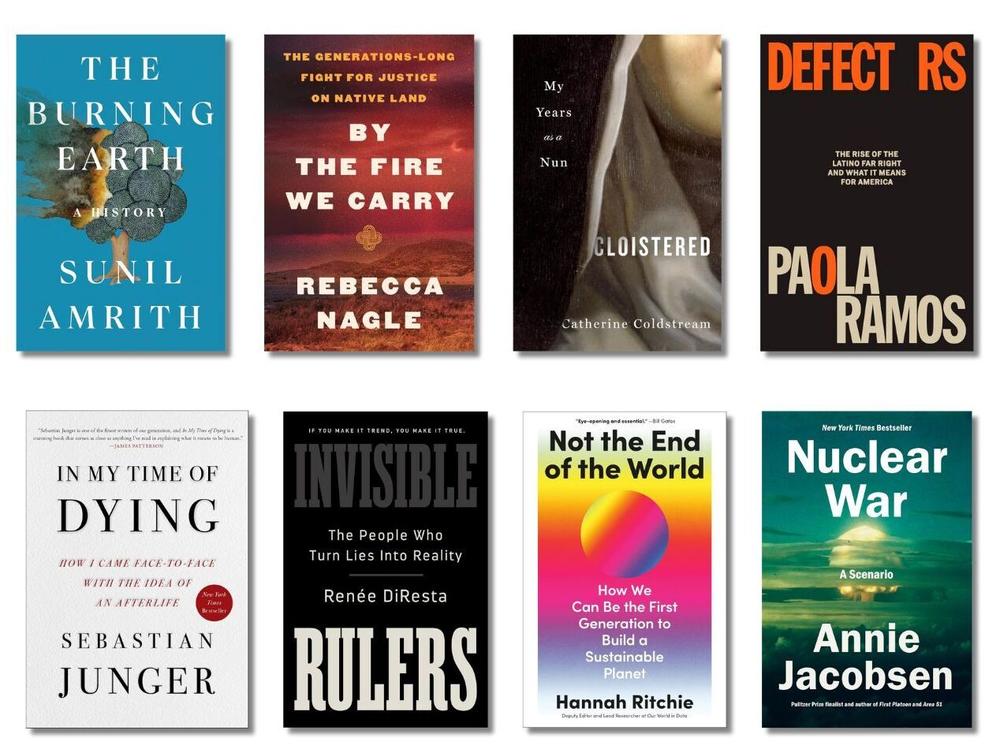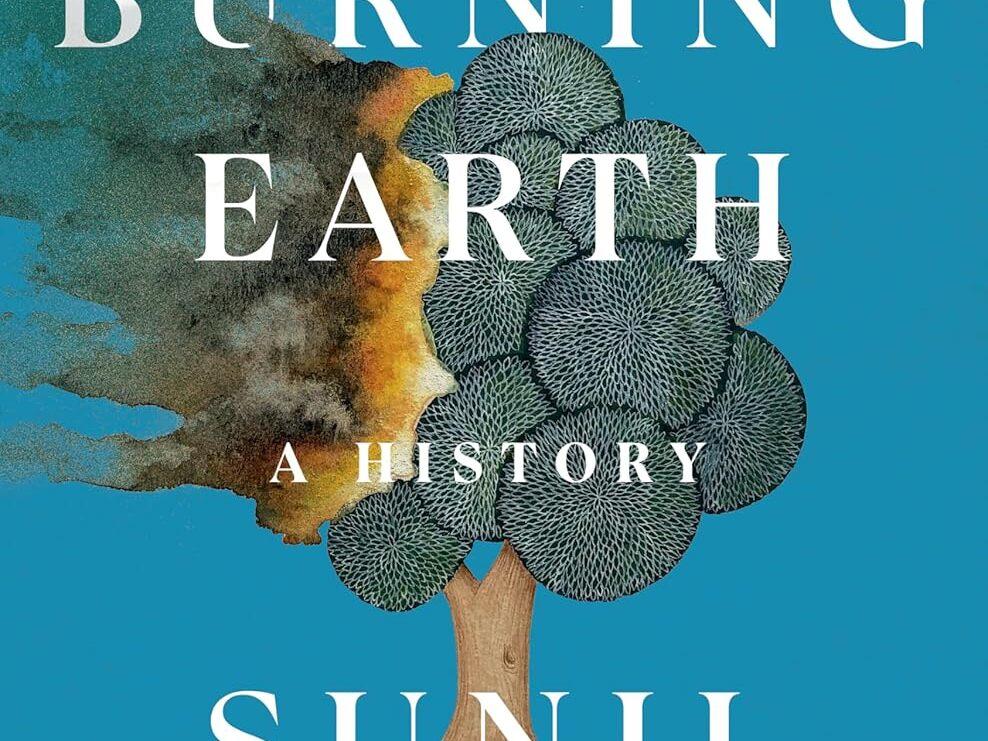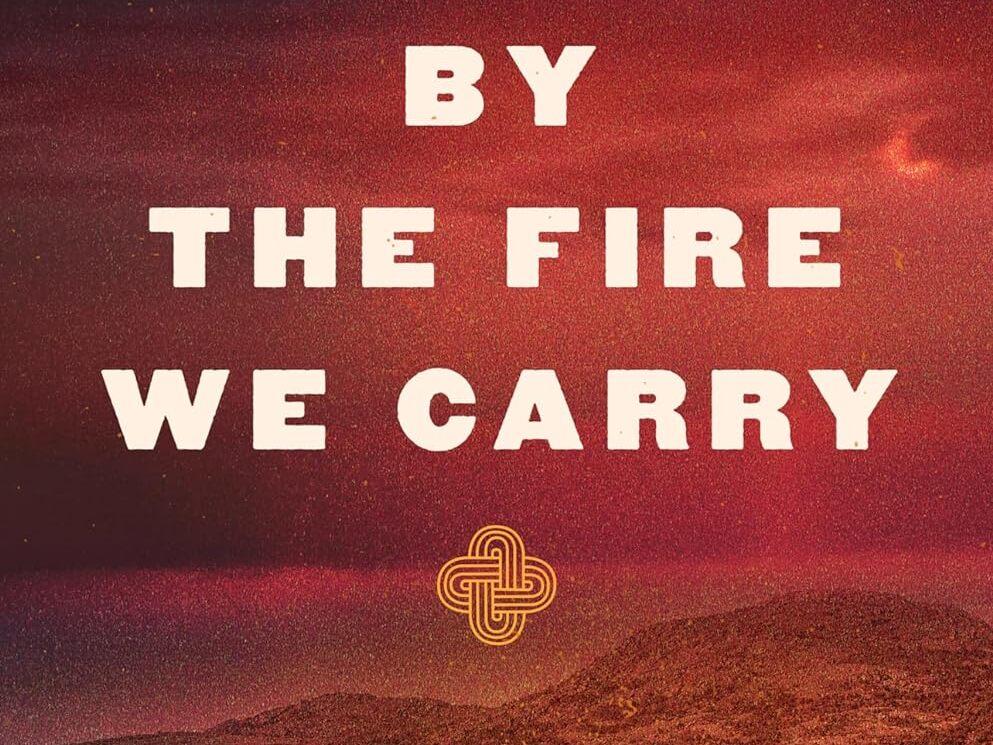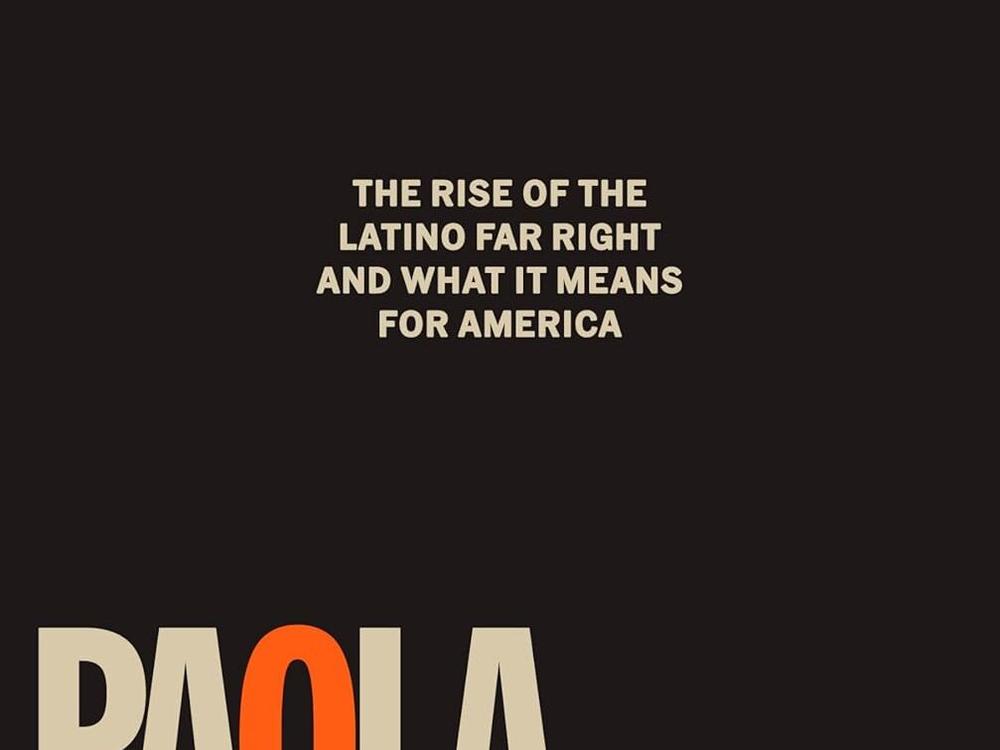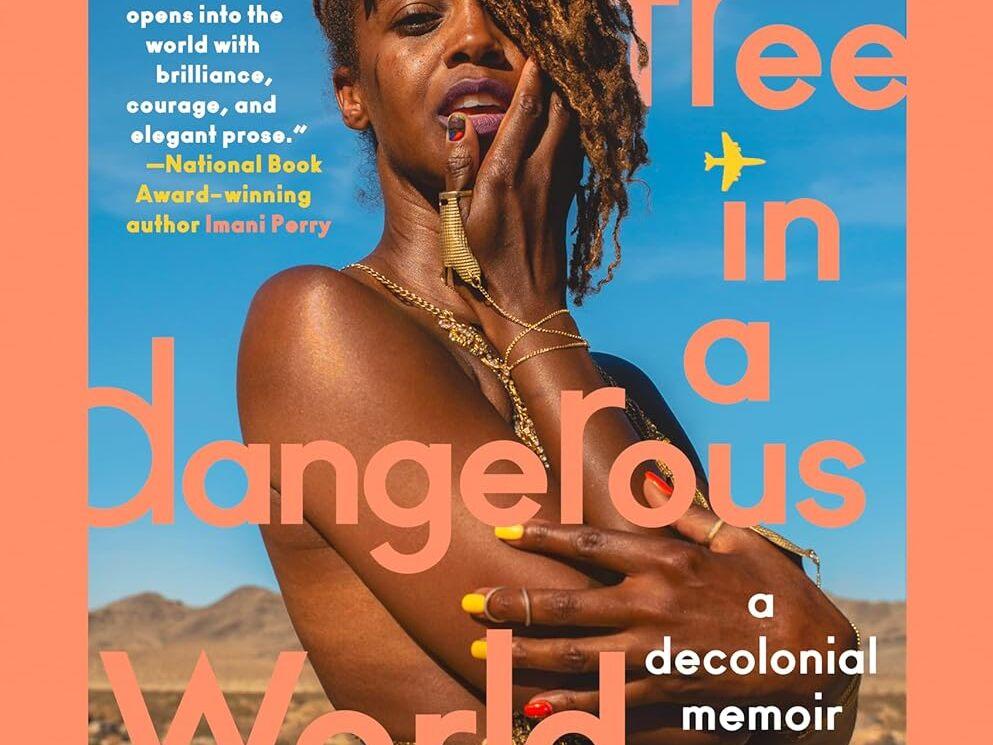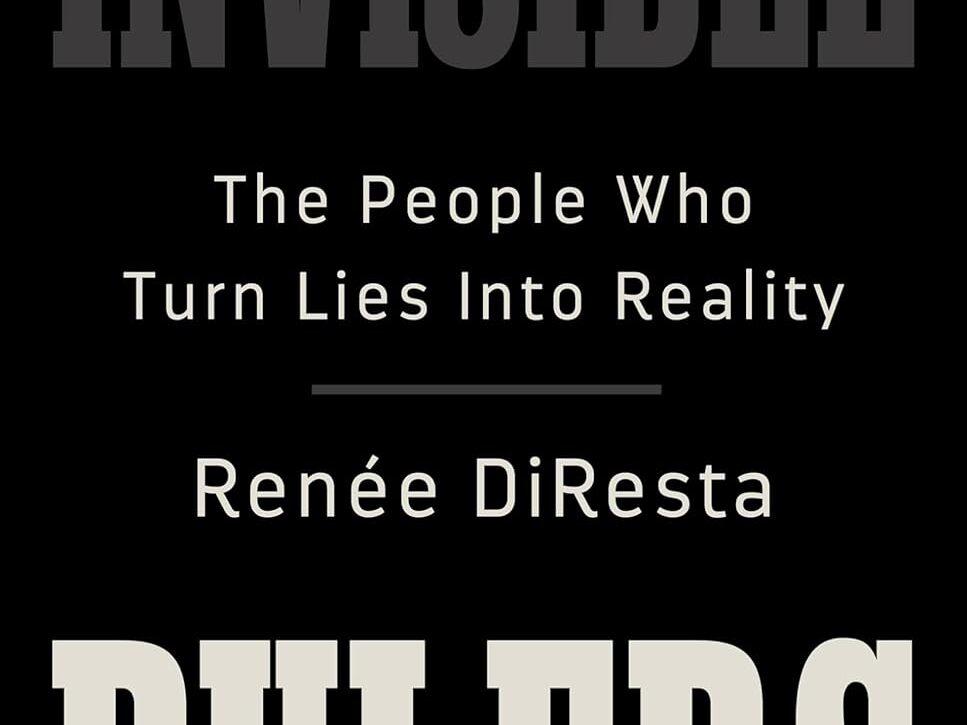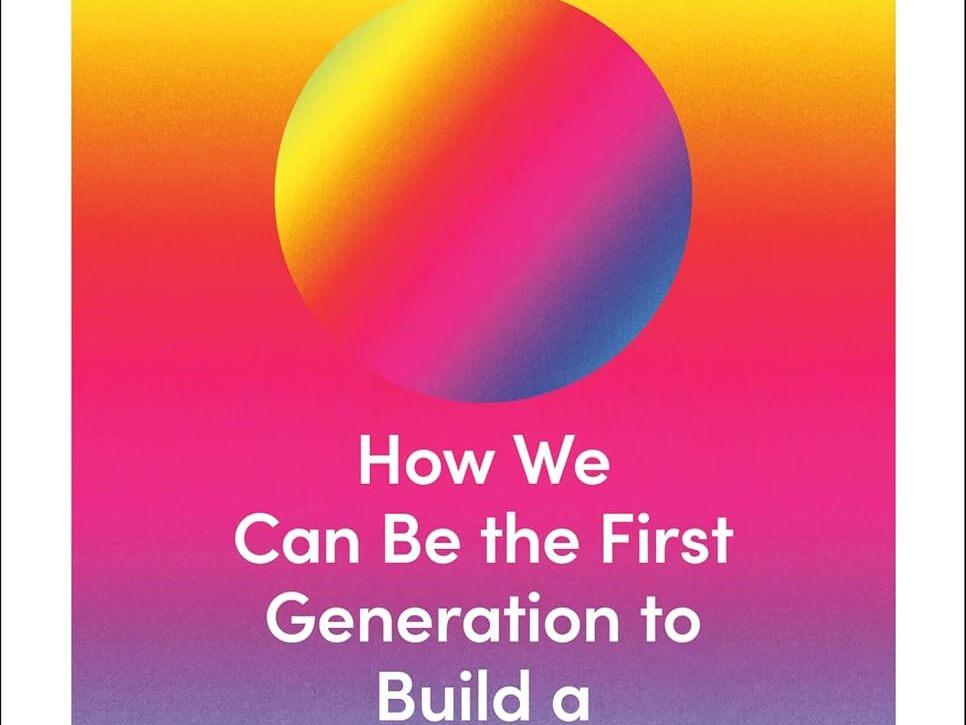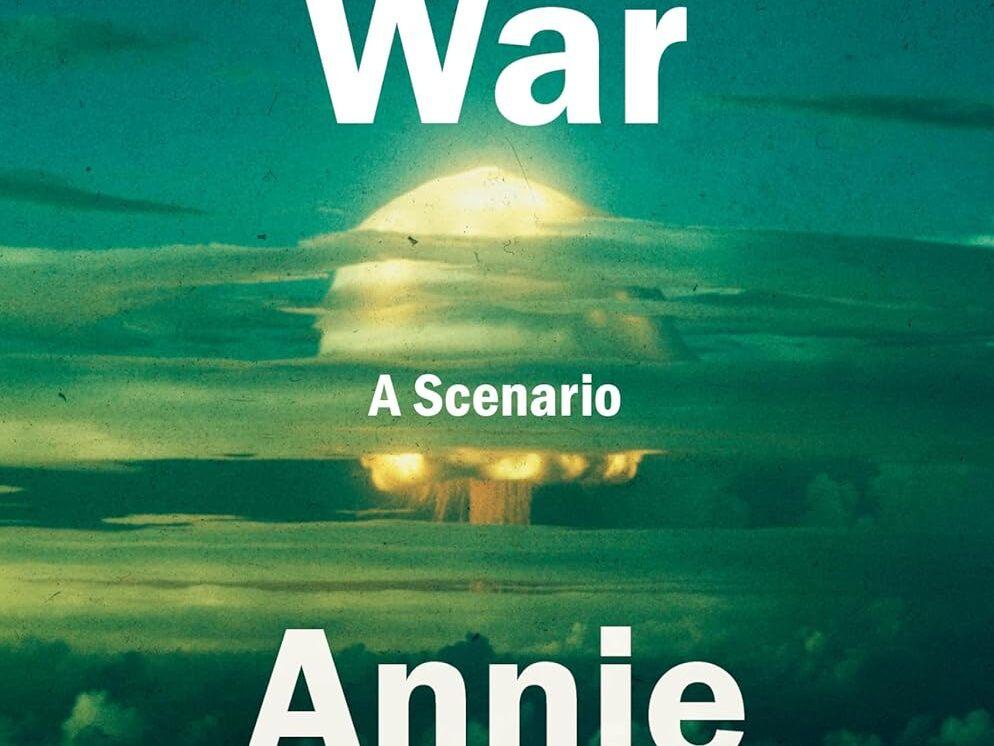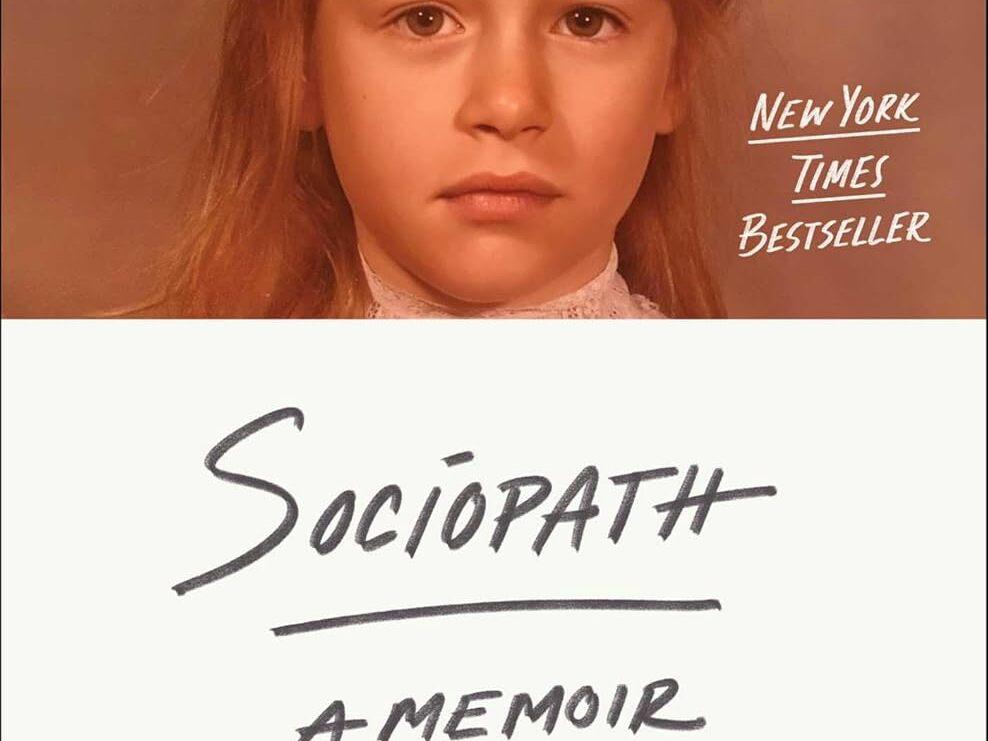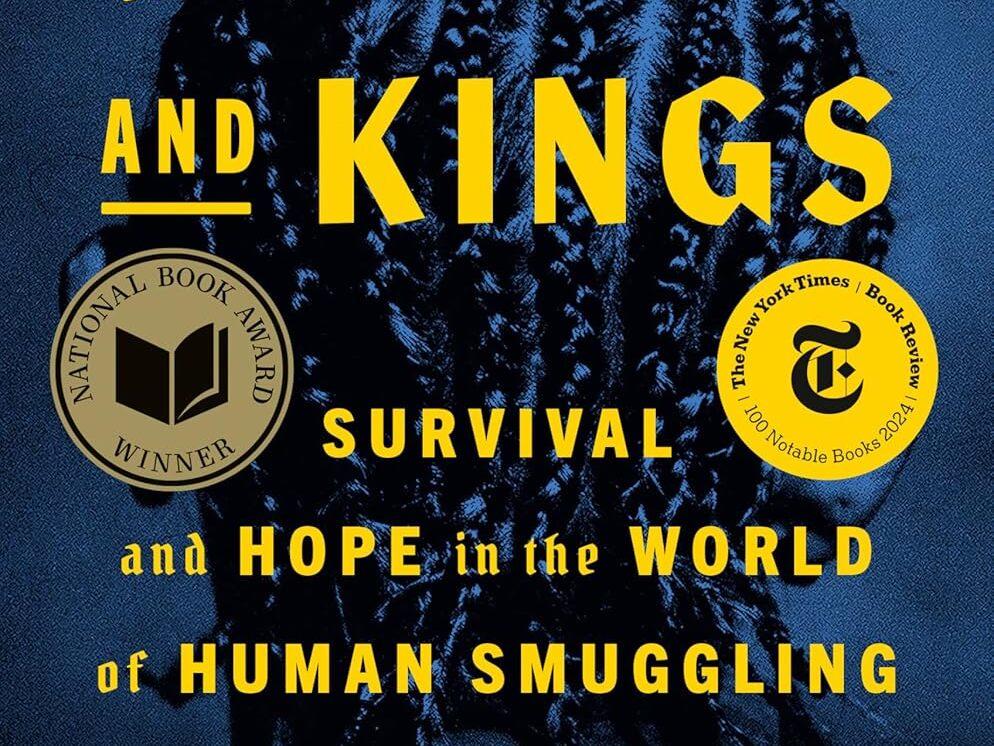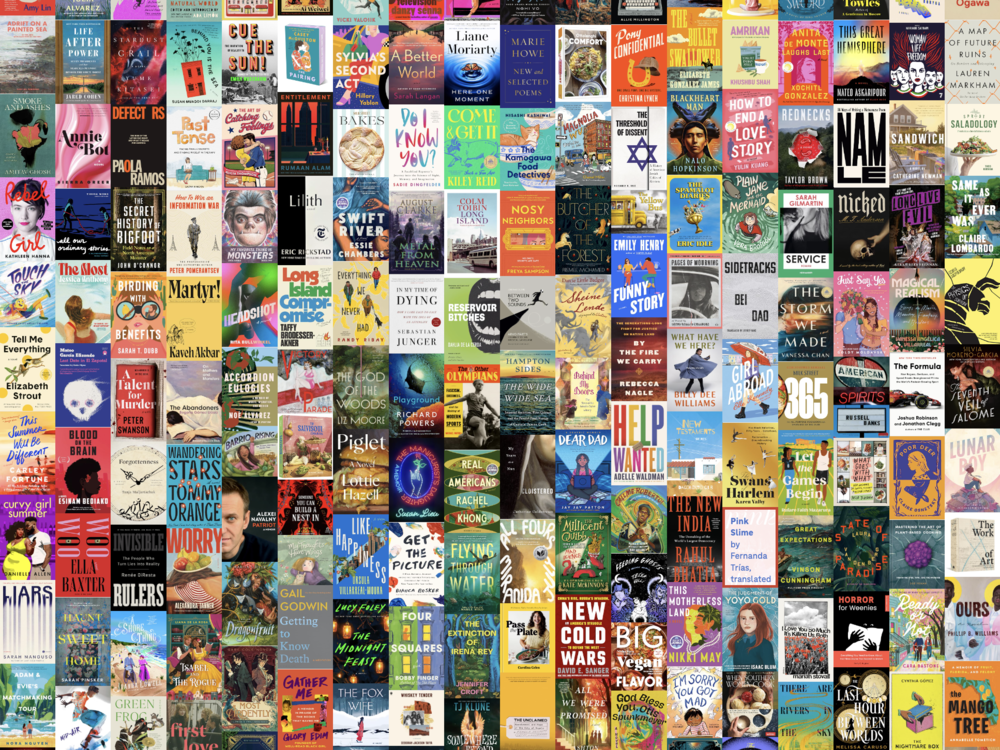Section Branding
Header Content
12 eye-opening reads to kick-start your 2025 reading goals
Primary Content
There are so many great books to look forward to in 2025. But first, you'll want to catch up on these perspective-shifting titles from 2024. Scroll down to find books exploring the art world, life after death, life as a nun, nuclear war — and more. And if you're still searching for more eye-opening reads, you can browse thousands of NPR recommendations from the last 12 years at Books We Love, our annual year-end book guide.
The Burning Earth: A History by Sunil Amrith
First, don't be put off by the title. The Burning Earth is a bracing book, rather than a depressing one. Although it's a history of the terrible things human beings have done to the planet, to each other and to an unfathomable number of innocent creatures, Sunil Amrith's chronicle is as compassionate as it is riveting. A Yale professor and the recipient of a MacArthur "genius" grant, the author moves seamlessly from how global conquest and war reshaped Earth from 1218 onward, to fascinating cultural analysis, such as a look at the artistry of Charlie Chaplin, Akira Kurosawa and Diego Rivera through an environmental lens, to a resolute call for integrating our own vulnerable "creatureliness" into a road toward repair. — Neda Ulaby, correspondent, Culture Desk
By the Fire We Carry: The Generations-Long Fight for Justice on Native Land by Rebecca Nagle
Journalist Rebecca Nagle uses a small-town murder and the intricacies of disputed jurisdiction over where it took place as a jumping-off point in this fascinating history of Native American land, the U.S. government's broken promises and outright theft of said land, and the legal battles fought by Indigenous peoples to reclaim what is theirs. In alternating chapters, Nagle writes about the legal battle that restored nearly 20 million acres of land in Oklahoma to the Muscogee, Choctaw, Chickasaw, Seminole and Cherokee nations, and the history that led to that battle's necessity. — Ilana Masad, book critic and author of All My Mother's Lovers
Cloistered: My Years as a Nun by Catherine Coldstream
Nuns have captured our imaginations as characters in fiction and on film over the years, but it's rare to hear from one firsthand. This compelling memoir provides a glimpse into the life of a cloistered nun as the author shares her journey into — and ultimately out of — an order of Carmelite nuns in England. Catherine Coldstream seamlessly weaves her own personal motivations for seeking a life of solitude, contemplation and service alongside an exploration of the challenges, reforms and purpose of such orders at the turn of the 21st century. This book will push you to reflect on faith, power and personal agency in your own communities as you consider Coldstream's experience. — Tayla Burney, director, Network Programming and Production
Defectors: The Rise of the Latino Far Right and What It Means for America by Paola Ramos
Every election cycle, like clockwork, a chorus of articles is published declaring that "Latinos are not a monolith!" But often the subsequent analysis is pretty limited. Not so, here. In Defectors, Paola Ramos dives deep into why some Latinos are so drawn to the politics of the far right, including white supremacist ideologies. It's a challenging but deeply compassionate book that explores how tribalism, traditionalism and trauma all influence the politics of one of the United States' most misunderstood demographic groups. And it includes personal reflection about Ramos' own political coming-of-age and the fine lines that separate her beliefs from those of the communities that she's exploring. — Leah Donnella, senior editor, Code Switch
Get the Picture: A Mind-Bending Journey Among the Inspired Artists and Obsessive Art Fiends Who Taught Me How to See by Bianca Bosker
Just about every page of Bianca Bosker's deep dive into New York's exclusive art world made me laugh. Her research included working as a gallery assistant, selling pieces at a Miami art fair and hanging out with "artist groupies." She got a job as a museum guard, once "protecting a pile of dust" that she was told was part of the art itself. Artists, she writes, "frowned on my idea of beauty." One gallery owner told her the way she dressed "was lowering my coolness." Her stories are hilarious, and the art world doesn't come off looking too good. But Bosker also shares what she learned about how to look at art. That's useful to anyone who has been intimidated by hallowed art institutions or been confounded by what's on their walls. — Elizabeth Blair, correspondent, Culture Desk
How to Live Free in a Dangerous World: A Decolonial Memoir by Shayla Lawson
When you travel, it changes everything you know. This essay collection takes the reader to post-Mugabe Zimbabwe, a refugee asylum in the Netherlands and foraging in the mist in Bermuda. Each chapter has a new location and theme, from privilege to intimacy to liberation, that explore the truths and contradictions that we discover in new places. At times, the author's stream-of-consciousness writing style can be difficult to follow, but many essays are evocative and thoughtful. This is a memoir to read slowly, one chapter before bedtime, to let it all sink in. — Nayantara Dutta, freelance writer
In My Time of Dying: How I Came Face-to-Face With the Idea of an Afterlife by Sebastian Junger
In his latest book, Sebastian Junger returns to some of the themes that made his first one, 1997's The Perfect Storm, a runaway bestseller. Back then, he set out to explore an unanswerable question: How did six men on a fishing boat perish in a massive storm, and what were their final moments like? This time, he directs his reporting and storytelling powers inward, toward equally unknowable things: What happens to us when we die? Why, as he lay in a Boston hospital in June 2020, minutes away from bleeding to death, did his father — dead for many years — appear above him? And why are such near-death experiences, involving friends or relatives no longer alive, so similar — across cultures and across centuries? This deeply personal book takes him, and the reader, into some surprising places. — Steve Drummond, senior editor and author of The Watchdog: How the Truman Committee Battled Corruption and Helped Win World War Two
Invisible Rulers: The People Who Turn Lies into Reality by Renée DiResta
At a time when our screens are clogged with viral lies and conspiracy theories, Invisible Rulers takes a long view toward explaining media manipulation and how we got to this moment. The book skillfully weaves together history and technology to explain the changing iterations of political propaganda over the past century. Renée DiResta, a disinformation researcher, shares her own experiences on the front lines of the struggle to define objective reality, including entering the field after confronting anti-vaccine sentiment when she became a parent. In the years since, DiResta has found herself a focal point for conspiracy theories, as powerful politicians have sought to discredit her work and that of other researchers in the field. — Brett Neely, supervising editor, Disinformation Reporting
Not the End of the World: How We Can Be the First Generation to Build a Sustainable Planet by Hannah Ritchie
Not the End of the World sifts through the evidence on pollution, extinction threats and deforestation. Once the numbers are clinically separated from emotion, a surprising guidebook to an eco-friendly life emerges. Food miles: not likely to affect climate change much. Meatless Mondays: helpful, especially if eschewing beef. Not everyone will interpret the world's chances of staying within 2 degrees Celsius of warming with the same cautious optimism as Hannah Ritchie ("I'm confident we can keep moving closer"). But Ritchie's data-first perspective makes this book an invaluable chaser to climate doomscrolling. — Darian Woods, host, The Indicator from Planet Money
Nuclear War: A Scenario by Annie Jacobsen
The bombings of Hiroshima and Nagasaki occurred nearly 80 years ago — long before I was born. Annie Jacobsen moves nuclear war out of the history books and into the present day. Interspersed with her reporting on the current state of preparation for nuclear war, she makes a well-educated guess about how such a situation could unfold today. Jacobsen's writing in this scenario has the suspense of a great political thriller. The book leaves no doubt that the immediate aftermath of nuclear war would be horrific and it would only get worse from there. — Tucker Ives, station support associate, Member Partnership
Sociopath: A Memoir by Patric Gagne
Shame. Embarrassment. Empathy. From a very young age, Patric Gagne knew she didn't feel these emotions. She also knew it was best not to tell anyone. Gagne bluntly outlines childhood tales of lying, stealing and home invasion — her efforts to feel anything but an emotional void. She spent much of her young adulthood grappling with the idea that being a sociopath didn't mean she was destined for violence or jail. This candid memoir is a gripping firsthand view into the "emotional learning disability" of sociopathy. — Jenna Molster, manager, Rights and Permissions
Soldiers and Kings: Survival and Hope in the World of Human Smuggling by Jason De León
This book, which won the National Book Award for Nonfiction, reads like a gripping novel. But it's all fact, the product of years of embedded reporting by an anthropology professor. Jason De León's page-turner took me deep into the lives of the maligned "coyotes" who smuggle immigrants into the U.S. — wait, could they be victims too? — and through intimate details about their lives, their jobs and their world, what I thought I knew was turned upside down. The book walks with people we just want to see as the villains and seriously complicates the narrative. — Deepa Fernandes, co-host, Here & Now
This is just a fraction of the 350-plus titles we included in Books We Love. Click here to check out our recommended 2024 titles or browse nearly 4,000 books from the last 12 years.
Bottom Content

